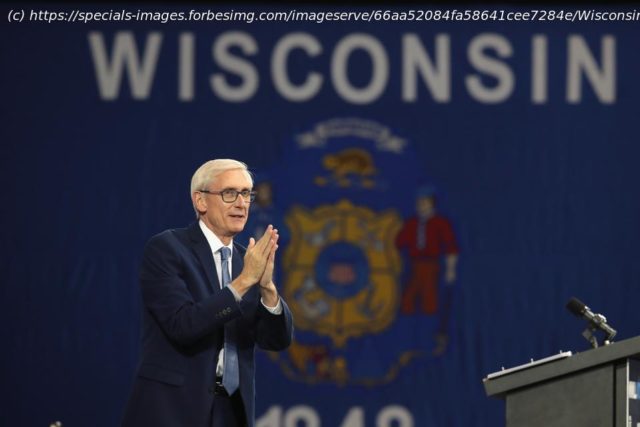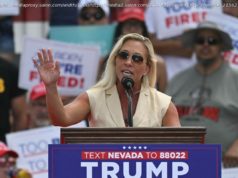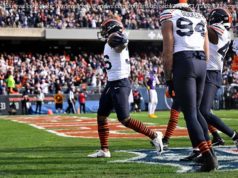Wisconsin voters will soon render decisions on constitutional amendments that will determine whether the Governor can keep spending money without legislative consent.
Vice President Kamala Harris (D) is less than two weeks into her presidential campaign, but she has already spent more time in Wisconsin than Hillary Clinton did during the entire 2016 election cycle. In fact, the Badger State was Harris’s first stop on the campaign trail, with the Vice President delivering a speech in Milwaukee a few days after the RNC’s conclusion a few blocks away.
Between now and November, Kamala Harris, Donald Trump, and their surrogates will be making many more visits to Wisconsin, a state that is both a presidential and senate battleground in 2024. In the more near-term, however, Wisconsin voters will head to the polls on August 13 for the state’s primary election. In addition to voting on state legislative races, Wisconsin voters will also render decisions on two proposed constitutional amendments that will appear on the August 13 ballot, the debates around which are analogous to some of those being had in Washington and on the presidential campaign trail.
Wisconsin is currently one of fewer than ten states where the state legislature does not have any say in how federal transfer dollars, which comprise a significant share of total state outlays, are allocated. Question 1 and Question 2, two constitutional amendments referred to the August 13 ballot by Wisconsin legislators, would change that. If Question 1 and 2 are approved, Wisconsin would join the majority of states in placing the power of the taxpayer purse in the hands of elected state representatives.
Question 1 would prevent the Wisconsin Legislature from delegating budgetary authority to the executive branch.






